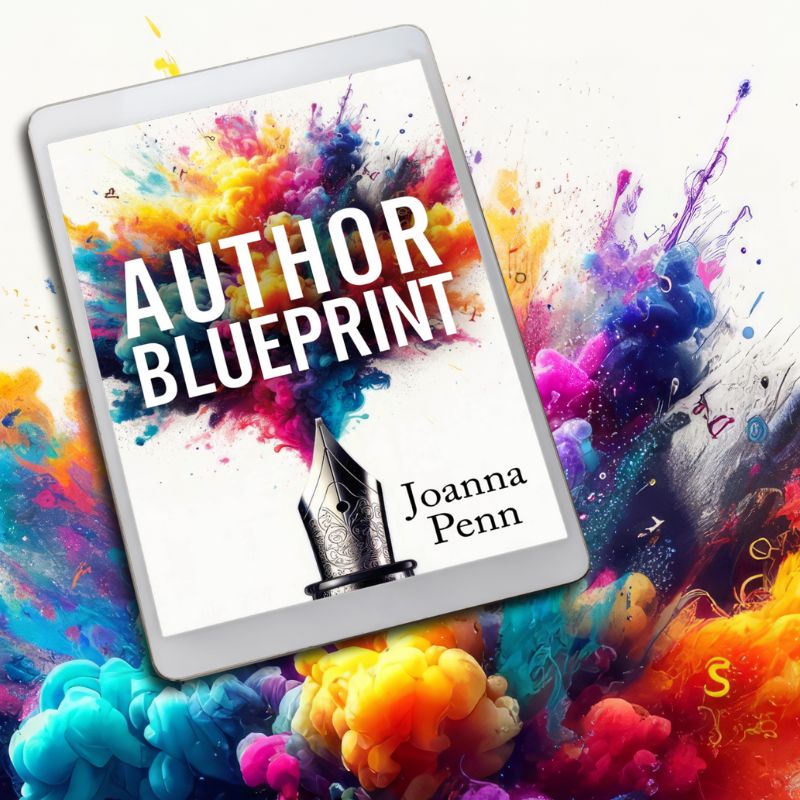This is an excerpt from The Successful Author Mindset. Out now in ebook, print, workbook and audiobook formats.
 Logically, we know that overnight success is a myth.
Logically, we know that overnight success is a myth.
When we see stories in the media about a particular author who made it big, who seemed to come from nowhere, there are usually years of hard work behind the book that went stratospheric.
There are also plenty of authors making a decent living who you have never heard of. Of course, there are always lightning strikes when an author hits a zeitgeist, but that's not something to base a business plan on.
“An overnight success is 10 years in the making.” Tom Clancy
Let's put the time it takes to build an author career into perspective. I come from the corporate world as many of you will likely do too, and most careers work the same way.
When you start your first job, how much are you worth after one year of full-time experience?
After three years?
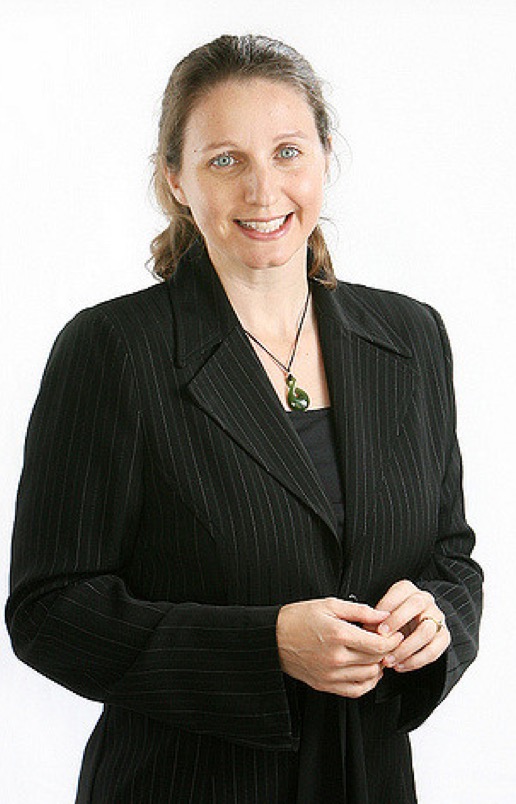
With five years' experience, you begin to be paid a better wage, manage others and attain some expertise.
But you really start to become useful to a company and paid according to your worth between five and ten years in. And in the time you've been doing your job, other people have left and gone elsewhere.
A large part of your success after ten years in any industry is just sticking it out, becoming an expert and putting in your time. You really know what you're doing after ten years.
Why would this be any different for the writing career?
When I finally left my corporate job in 2011 to become a full-time author entrepreneur, my income dropped significantly. But of course it was going to, because I was leaving an industry where I had 13 years of extensive experience that companies would pay a premium for, to join a new industry where I only had a couple of years part-time.
It took four more years after that before my income rose to my previous level and since then, it has surpassed my old salary. (For more detail, see my book How to Make a Living with your Writing.)
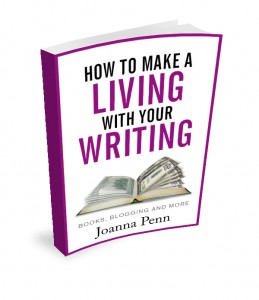
If you start playing the violin, would you expect to be playing solo at Carnegie Hall the following year? Would you expect to make number one in the pop charts with your first song? How long do you think it takes a musician to get to a point of being paid? Or a painter?
So why consider it to be any different as an author?
In the same way, it takes years of working on your craft to become a better writer and it takes years to build up an audience in any niche.
Why expect your first book to be the best thing you'll ever write?
Surely your fifth book, or your tenth book, will be better than your first? So get the first one out of your system and move onto the next and the next.
For more experienced writers, is it logical to expect that your trajectory will always be stepping upwards? That every book you write will be a bigger hit than the one before? That your income will go up every year?
Keep creating
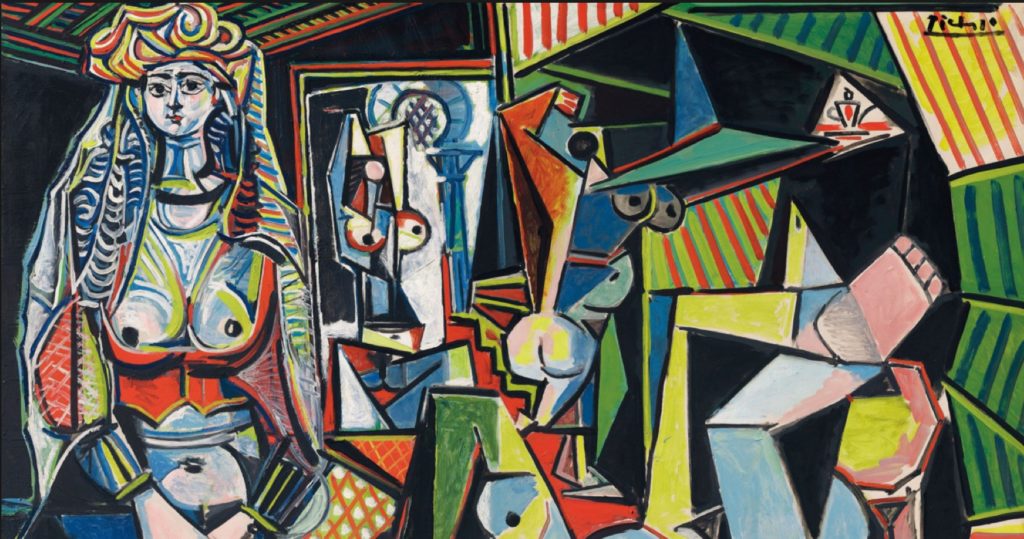
On a trip to Spain, I visited the Picasso Museum in Malaga, where the artist was born. The exhibition contained drawings, pottery, paintings and sculpture from his early years in the 1890s all the way through to the 1970s.
Picasso died at aged 91 and created throughout his whole life. There are estimates that he created over 50,000 pieces of art, only a few of which are known as masterpieces, but you don't create masterpieces without being prolific and continuing with the process of creation over time.
Consider prolific authors like Isaac Asimov, Enid Blyton, Nora Roberts or R.L.Stine. You can probably name a handful of their books, but all have written several hundred each. You don't know what the big stuff will be, you don't know which book will take off. Angry Birds was Rovio's fifty-second game.
Whatever you create, you just have to keep putting it out there.
The Picasso exhibition was powerful because the artist's development was clear, the early pieces and sketches as he experimented and learned his craft were obviously just part of the process toward mastery. His doodles and playful work were just as interesting as his finished pieces, even though they might be considered amateur and not actually very ‘good.'
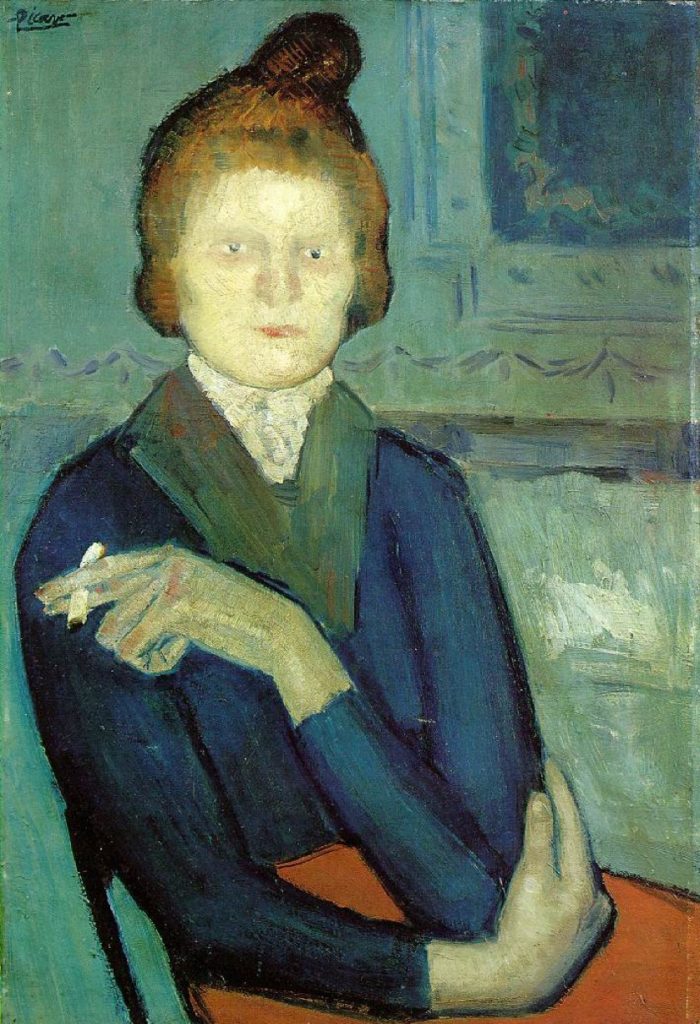
In fact, the visual art world is excellent at recognizing and valuing an artist’s development, allowing for change over the years, whereas the literary world seems obsessed with debut authors making huge deals with their first books.
But of course, as with anything, you will get better as you practice and create more over time.
“You learn how to make your work by making your work, and a great many pieces along the way will never stand out as finished art. The best you can do is make art you care about – and lots of it!” David Bayles & Ted Orland, Art and Fear
The magic of intellectual property over the long term
Picasso was an artist but he was also a businessman and liked living well. It's said that he burned some of his early canvases to keep warm in his garret, but he was worth over US$500 million when he died and he left some of the world's greatest art. People laud the starving, crazy artists like Van Gogh, but Picasso might be a better role model for the aspiring wealthy creative entrepreneur.
Because the magic of intellectual property assets can only happen by creating work over a long period of time to allow for compounding. Here's how it works.
- Every book you create is an intellectual property asset and can put money in your pocket for the long term
- It is scalable, meaning you spend the time to create the book once and it can sell thousands, even millions of times
- You can turn that one manuscript into different formats e.g. ebook, print, audiobook to expand your sales
You can sell those formats in 190 different countries (I've currently sold English language books in 83 countries as an indie author) and expand your sales even more
- You can license the rights to that asset in multiple ways e.g. selling the print rights, translation rights, film, TV, gaming and other media rights
- These assets can go on earning you money for your whole lifetime plus 50-70 years after you die according to copyright law (and if your estate is managed well)
The tragedy is that most authors don't see their manuscript as valuable, because they don't see this long-term earning potential. They take short-term cash in hand now rather than letting their intellectual asset base grow over time, compounding as it goes.
Because every new book I publish grows my audience and gives my readers something else to buy. Every book I put out expands my income in these multiple ways.
This is the business model that convinced me that I could far surpass the income from my day job as a full-time writer creating my own assets for the long term. It's a creatively satisfying life, but it can be a very profitable one too!
“You cannot have everything in the present. You will have to keep your focus on five to ten years down the road when you will reap the rewards.” Robert Greene, Mastery
What do you want your legacy to be?
Here's an excerpt from my journal, 22 Oct 2011, a few weeks after quitting my day job.

“I want to make a difference. I want to write something worth writing. I want to last. Yes, I want to entertain, but more than that, I want to be remembered. I want to leave a legacy. I feel like I'm waking up at the moment. That I've been asleep for the last 13 years. Because everything I've done up to now has disappeared. It's time to change that. I will measure my life by what I create.”
Pro writers write, and keep writing over time.
The successful professional writers have multiple books that they continue to produce, even when previous book sales didn’t perform as they would have liked. Professionals aren’t put off by short-term disappointment.
They produce a body of work over time. They don't believe that one book is a special snowflake and give up when it doesn't hit the mainstream. They know that each page is a development in a journey. The habit is creating every day.
What can you create today that will build your body of work?
Life is short. Make the most of it.
In 2016 a number of famous actors, musicians and authors died including David Bowie, Alan Rickman and Prince. Prince's death hit me hard, maybe because his music played in the background of my teens and twenties and I sure partied like it was 1999 back then. But he was an incredible musician, songwriter and all-round creative who lived for his work. Fantasy author Terry Pratchett's death from Alzheimers also made me determined to create more, because death is a certainty.
The only question is when.
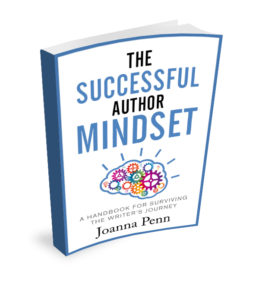
CREATE.
That is all we can do. For this body will crumble and die but we are not tethered by it. Measure your life by what you create. Now go write.
This is an excerpt from The Successful Author Mindset. Out now in ebook, print, workbook and audiobook formats.
 You can sell those formats in 190 different countries (I've currently sold English language books in 83 countries as an indie author) and expand your sales even more
You can sell those formats in 190 different countries (I've currently sold English language books in 83 countries as an indie author) and expand your sales even more